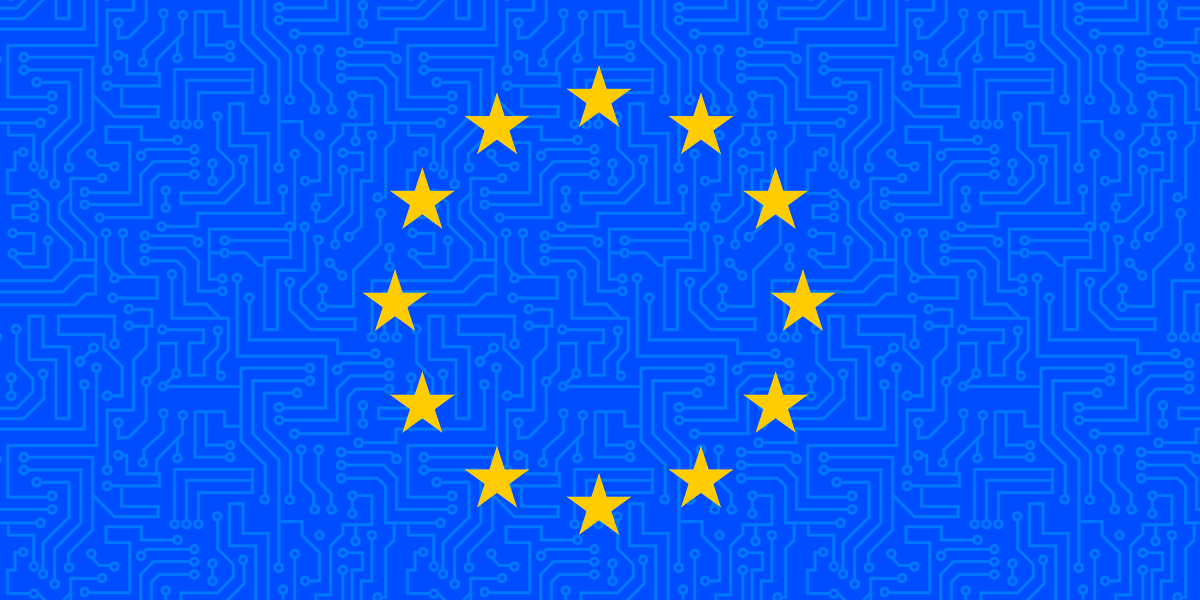After the European Commission held a public consultation on whether they should adopt what they call a “fair share” proposal, they unfortunately voted to move forward with this dangerous plan. This proposal is nothing but a network usage fees regime, which would force certain companies to pay internet service providers (ISPs) for their ability to deliver content to consumers. This idea not only hurts consumers, but also breaks a status quo that facilitated and continues to facilitate the rapid spread of the global internet.



The law that requires phones to use USB-C, does not say it will last forever. In fact, the update to USB-C proves that they look for new technologies and update the law once such a thing is needed. Maybe now people have to buy new chargers, but in the long term, keeping chargers the same will reduce e-waste as people can use USB-C to charge many devices. You can charge your MacBook and smartphone with the same charger because of USB-C and the USB power delivery specification.
But the Fair Share part is a bit weird, consumers already pay for the network. But often they don’t pay for the amount of data that they use. It would make more sense to just charge users again based on their network usage, but I understand that that would be highly unpopular. In the end, someone has to pay for all the traffic though.
Everyone does already, though. The end-user pays for their internet access (which includes the data that can flow over the bandwidth they purchased; sometimes also limited to a certain maximum amount per month) and the content provider already pays for their internet access as well - which is part of their datacenter costs. And providers pay for the peering between them as well. So the whole chain from content provider to enduser is already fully paid. There is no “unfair” onesided disadvantage or advantage here.
Data, as in volume, costs nothing on the internet. What costs money (and what everyone, including your ISP, is buying from upstream providers) is bandwidth.
I don’t think that is completely truly possible that way. In the end there are a bottle necks - for example the peering routes. It would be insane to have them scaled for the worst case of all potential users being online at the same time and actually using their bandwith 100%. Which in turn likely means that providers are “overselling” what they have. If all end-users would actually use the 100% of their bandwith 100% of the time, the providers would be fucked.
Not just likely it’s absolutely standard practice for the total bandwidth available to customers to be a fraction of the sum of what they’re connected to.
The bills Tier 1 providers send you generally two components, physical capacity of the link (“port”), and then 99th percentile of maximum bandwidth actually used this month (or some similar measure). Oh and that’s on upstream, data you send into the wider internet, not data you receive, though the links are generally symmetrical. Tier 1 providers are providers you can reach all other networks from.
In addition to that there’s ordinary peering, circumventing the Tier 1 networks, where different actors hook up their networks directly. Those agreements often don’t involve exchange of money at all because they’re to both parties’ mutual benefit, saving both money. And that’s also what the big content providers offer ISPs, following in the footsteps of akamai, the OG peering slut: “Want to hook up to us well of course here, have a port”.
So not only do ISPs not pay for data sent to them, the big video platforms etc. aren’t even taking up space on their connections to Tier 1 networks. The system is fair as-is but that doesn’t hinder the likes of Deutsche Telekom (which have their own Tier 1 network) to lobby the EU so they can double-dip. If you ask me Tier 1 providers should be banned from providing consumer connections, it’s inherently anticompetitive. It’s like car companies owning highways.
Don’t let Volker Wissing or the FDP in general hear that.
That’s my point… we already could charge many devices from the chargers we had
Yeah and most people have USB-C chargers nowadays. It will just get rid of other connector forms and going forward unify it. It’s awesome.
If you are a heavy Apple user that might be annoying for you. But in the gran scheme of things that’s the minority.